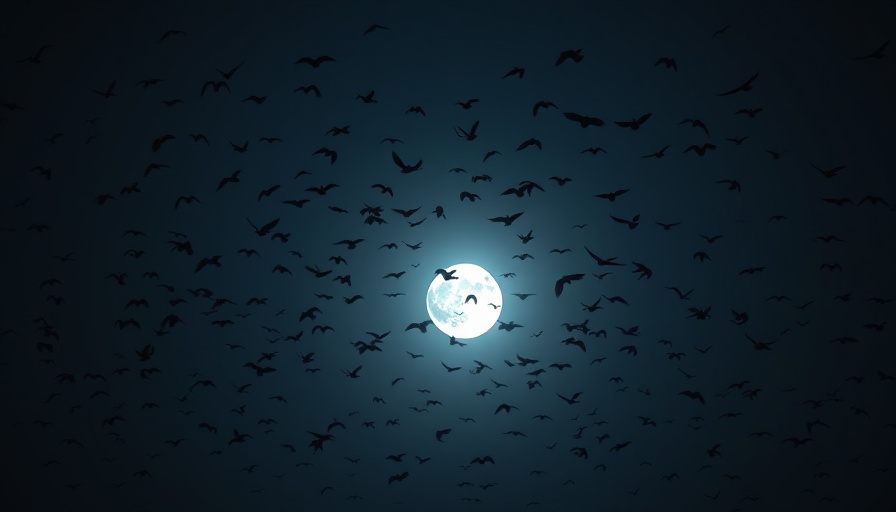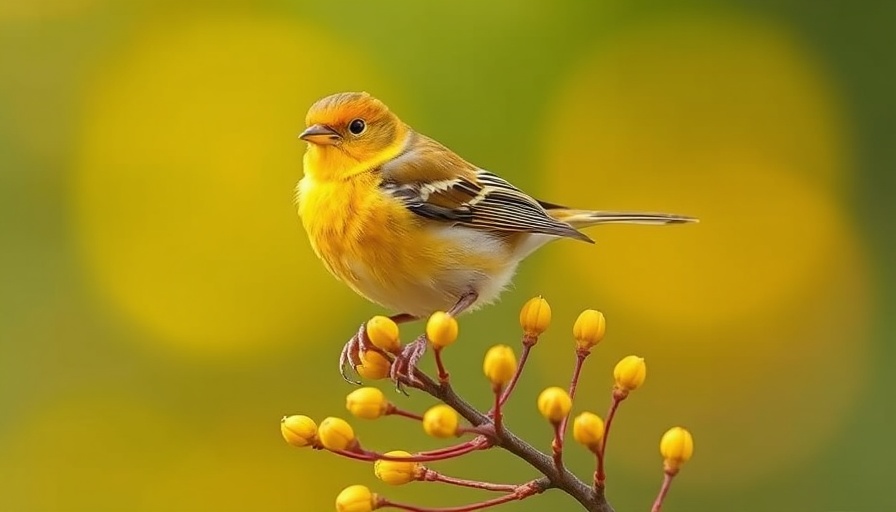
Where Do Birds Sleep? Uncovering the Secrets of Avian Rest
When we think of birds, we often picture them soaring through the sky or perched gracefully on a branch. But do you ever pause to ponder where these feathered creatures find rest at the end of the day? Surprisingly, it's not usually in the nests we often associate them with. Most birds have tailored strategies to ensure a safe and comfortable sleep, adapting to their unique environments to thrive.
Nighttime Roosting: A Closer Look
The vast majority of birds sleep at night, much like humans. However, their sleeping habits are anything but conventional. Songbirds, for example, often seek out protected perches where they can shield themselves from rain and predators. Small forest birds may choose the cozy confines of tree cavities, while ducks prefer to rest on the water in secluded bays, floating serenely as they drift off to sleep. Notably, large flocks of starlings will blanket the trees, creating a stunning spectacle at dusk that not only facilitates their sleep but also provides safety in numbers.
A Warmer Way to Sleep: Unraveling Common Misconceptions
It's a common myth that birds tuck their heads under their wings while sleeping. In reality, they have a slight yet effective adjustment, often turning their heads and tucking their beaks beneath their shoulder feathers—much like how we might snuggle under a quilt on a chilly night. This behavior helps them conserve warmth and stay comfortable throughout the cooler hours when active predators are lurking.
Understanding the Importance of Sleep for Birds
Sleep is essential for the health of all creatures, including our avian friends. Without sufficient rest, birds may be unable to maintain their energy levels, impacting their ability to forage and evade predators. By observing where and how birds sleep, researchers can gain insight into their survival strategies and overall well-being. Understanding these habits serves to emphasize the delicate balance between nature and the needs of wildlife, reminding us of the stunning tenacity of these creatures in their natural habitats.
Why Does This Matter? The Connection to Conservation
As birdwatchers and nature enthusiasts, recognizing where birds sleep enhances our appreciation for their lives and ecosystems. This knowledge encourages conservation efforts, as protecting nesting sites and the environments where birds roost can significantly impact their populations. When we invest in safeguarding their habitats, we directly contribute to the preservation of these beautiful creatures for future generations to admire and enjoy.
Our understanding of bird sleep habits not only adds a layer of appreciation to our observations but also emphasizes the ongoing need for awareness and action in wildlife conservation. By recognizing the delicate interplay between birds, their environments, and our practices, we can ensure a vibrant future for these incredible species.
 Add Row
Add Row  Add
Add 




Write A Comment